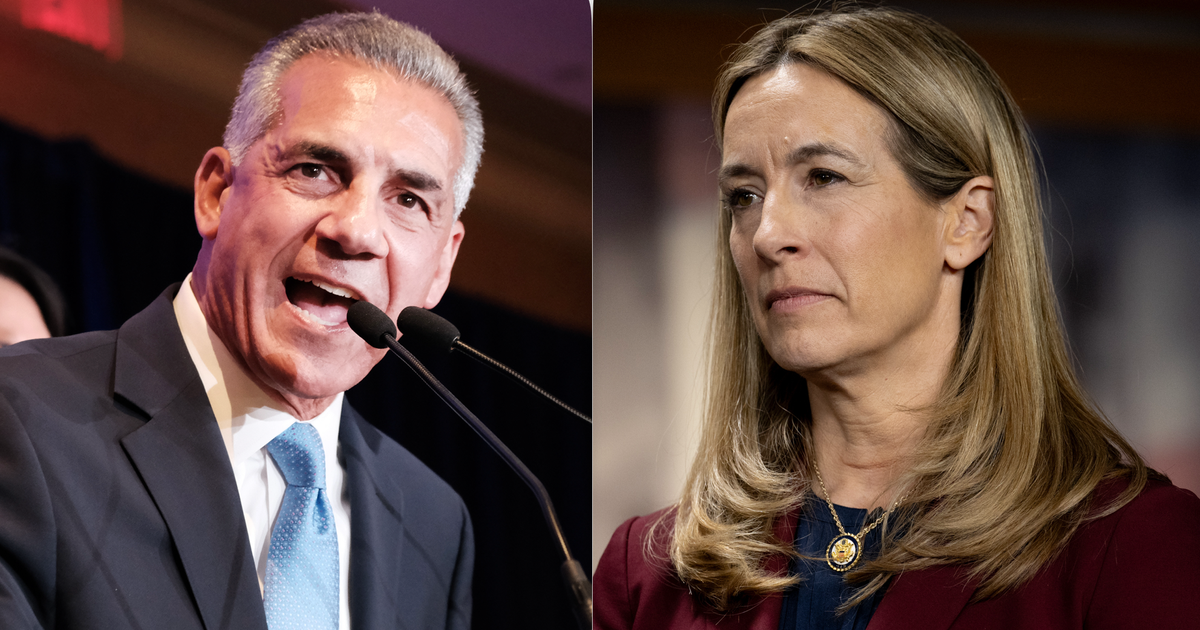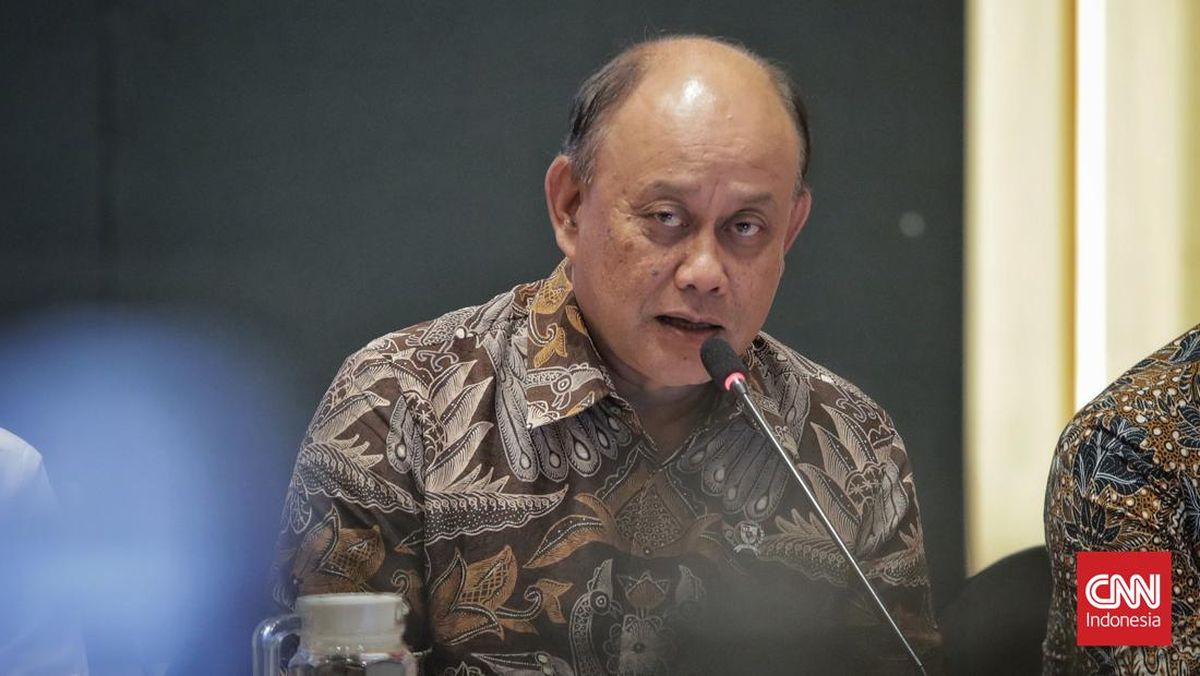Writers in Australia have always had a precarious career path. But lately, it seems even those things you have can be swept away.
You’ve found a publisher, but then they merge with a bigger publisher, and where are you in the new pecking order? You can submit to a prestigious literary journal, or apply for a grant or a prize, but then they disappear. You’ve won a prize, or a teaching gig, or a place on a writers’ festival panel, and then it’s all upended when controversy breaks out.
All these things have happened to writers in the last few months. The reasons vary. Sometimes it’s just a case of funds running out. Sadly that’s happened with the Hazel Rowley Literary Fellowship, a splendid award for writers working on a biography. It has given more than $300,000 to help bring us books on Gwen Harwood, Frank Moorhouse, Vida Goldstein, Thomas Keneally and a memoir by Maxine Beneba Clarke. But after 14 years the 2026 award will be the last.

Poet Pi O addressing the Save Meanjin rally in Melbourne in September.Credit: Simon Schluter
Sometimes the reasons are less clear. An outcry of grief and anger from writers and critics has greeted the news that the much-admired literary journal Meanjin will close, after 85 years of bringing us the best of Australian writing, including first offerings from writers such as Peter Carey, long before they became famous.
MUP, which has housed the journal since 2007, says the reasons for closure are “purely financial”. But what does that mean? Nobody ever expects literary magazines to pay their way. The confusion has led some to mutter darkly about political decisions, and they point to recent work in Meanjin supporting a free Palestine.
Then there’s the curious case of the Australian War Memorial’s Les Carlyon award for military history. This year, it was supposed to go to Chris Masters for his book on the disgraced soldier Ben Roberts-Smith, Flawed Hero: Truth, Lies and War Crimes. Except it didn’t: the governing panel overruled the judges’ decision. They justified their intervention by claiming the prize was for emerging authors only. That was the case in the past, but not in the year Masters’ book was submitted.

Flawed Hero, the book at the centre of the Ben Roberts-Smith controversy.
Some have concluded this was a political decision, given that the war memorial’s former director Brendan Nelson was an avid defender of Roberts-Smith when he was accused of war crimes. Masters is a Walkley award-winning investigative journalist and author of several books, so he’s scarcely a struggling writer. However, that’s beside the point: you shouldn’t withdraw a prize, for whatever reason, by retrospectively changing the rules.
But the problem with financial help for writers in this country goes beyond political stoushes. Grants, fellowships and prizes only help a tiny minority for a short time. We just don’t have an enduring framework of support because at heart, too many people in charge of the purse strings don’t really believe that Australian writing matters all that much.
Loading
Contrast our attitude with Ireland, a country that truly believes in its writers. Its Arts Council provides grants and bursaries to emerging and established authors. It funds world-famous literary magazines such as The Stinging Fly, the first journal to publish Sally Rooney. Literature Ireland pays for translations of over 2500 works of Irish literature into 58 languages. Poetry Ireland funds readings, education and mentorship programs. Fighting Words offers free creative writing programs for children and young people.
And crucially, Ireland allows exemption from income tax on creative works, with a cap of €50,000 (more than $89,000, far more than most Australian writers earn). I’m hoping our new government body, Writing Australia, will provide better initiatives. But I’m not holding my breath about tax.
The Booklist is a weekly newsletter for book lovers from Jason Steger. Get it delivered every Friday.
Most Viewed in Culture
Loading


















































